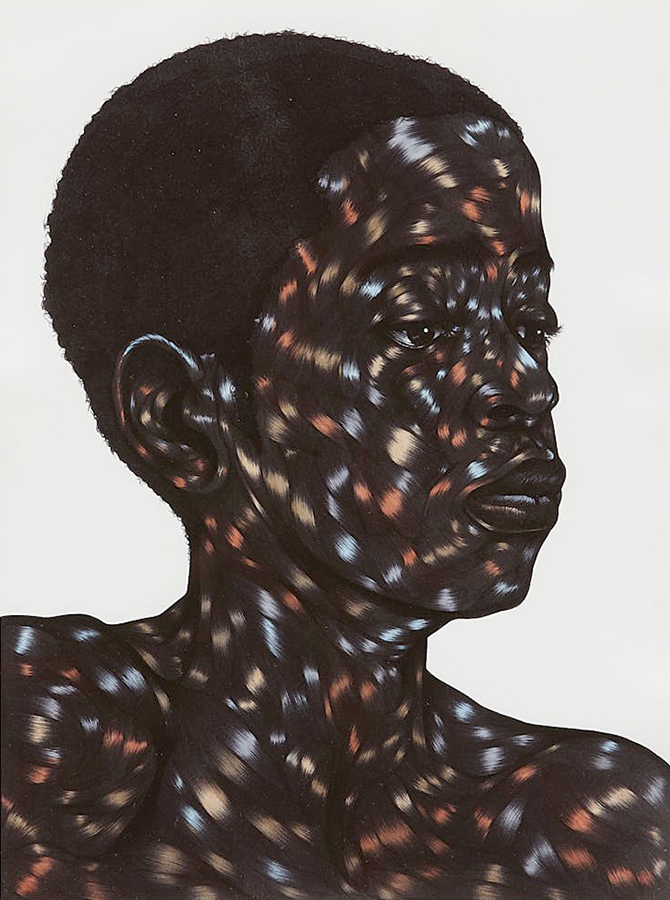This is the second of two posts engaging with “To Change the World : The Irony, Tragedy & Possibility of Christianity in the Late Modern World.” We published Kristen Deede Johnson’s more laudatory post last week.
For institutions to thrive, they need both protagonists and antagonists; people who whole-heartedly believe in the mission and people who question it; people who love meetings and people who hate them; people who put on their “partici-pants” and people who want to “stick it to the Man.”
Each of us should learn how and when to be both. It keeps us from being insufferable sycophants on the one hand and disaffected prats on the other. But some people only know how to play the antagonist in an institution. Folks like this write weekly vitriolic interoffice emails and launch long-winded diatribes disguised as questions. They don’t know how to build institutions. They only know how to tear them down.
That’s what so odd about James Davison Hunter’s “To Change the World.” His ideas exhibit the kind of institutional thinking that builds-up. But the way he argues for them does not.
The crux of Hunter’s book is that trying “to change the world” or “reclaim culture” or “build the kingdom” is a bad idea. The impulse is inherently Constantinian. It instrumentalizes the gospel in service of mere political interests. Christians have tended to think ideas and individuals alone can enact change in culture. But cultures shift through socially central institutions; ideas and individuals have the potential to influence culture only insofar as they pervade and transmit through these institutions.
I want to like this book. Hunter grants that his view of culture is debatable. His dismissal of grassroots movements makes the activist, preacher, and community organizer in us all a little feisty. Yet he invites theological reflection on the nature of institutions, leadership, and power in a time when it’s so much easier (and more popular) to say institutions are suspect, leadership is lame, and power always corrupts.
Then again, Christians could be much more “faithfully present” with Hunter if he didn’t make so many of them his enemies, especially when he obscures just how much they have in common.
We could argue whether Hunter accurately portrays the Christian Right, Left, and, in particular, the neo-Anabaptists. It’s not like this is the first time anybody has ever called Stanley Hauerwas a sectarian tribalist. Judging from his track record, I doubt Hauerwas would have a problem defending himself on this point. Again.
Of course Hunter doesn’t mention this, which is part of the problem with how he presents his three-camp typology. Typologies can be useful as heuristic tools to help us get an initial grasp on a complex range of issues. But it’s not a good idea to build an entire argument upon them. Most of us tend to become reductive of the categories we don’t prefer, to downplay points where we are actually in agreement, and to ignore whatever might complicate the story we’re telling.
One can’t help feel something is ‘off’ when Hunter spends so much time criticizing and distancing himself from the neo-Anabaptists, only to discover at the end just how central the church as an alternative polis figures into his account of faithful presence (ever heard that before?). Further, in the last section of the book, where Hunter describes his position, serious engagement with other theologians is scant. This both hides how old and complicated the “church-culture” question is and suggests Hunter alone has wrestled with it well.
For all his powerful insight, Hunter seems too bent on showing why he’s right and everyone else is wrong. Rather than playing the antagonist, he might have drawn on the breadth of what Christian theologies have offered about being Christian in a world that is not.
Still, this is a fascinating book about culture, institutions, and Christian witness. It will be interesting to see what future responses Anabaptists attempt. The last time someone critiqued them in a book as important as Hunter’s, in Niebuhr's "Christ and culture," John Howard Yoder unleashed a response so vehement it would make Christopher Hitchens blush. Non-violence, like faithful presence, is easier to praise than it is to embody.
Benjamin McNutt is a recent graduate of Duke Divinity School.






